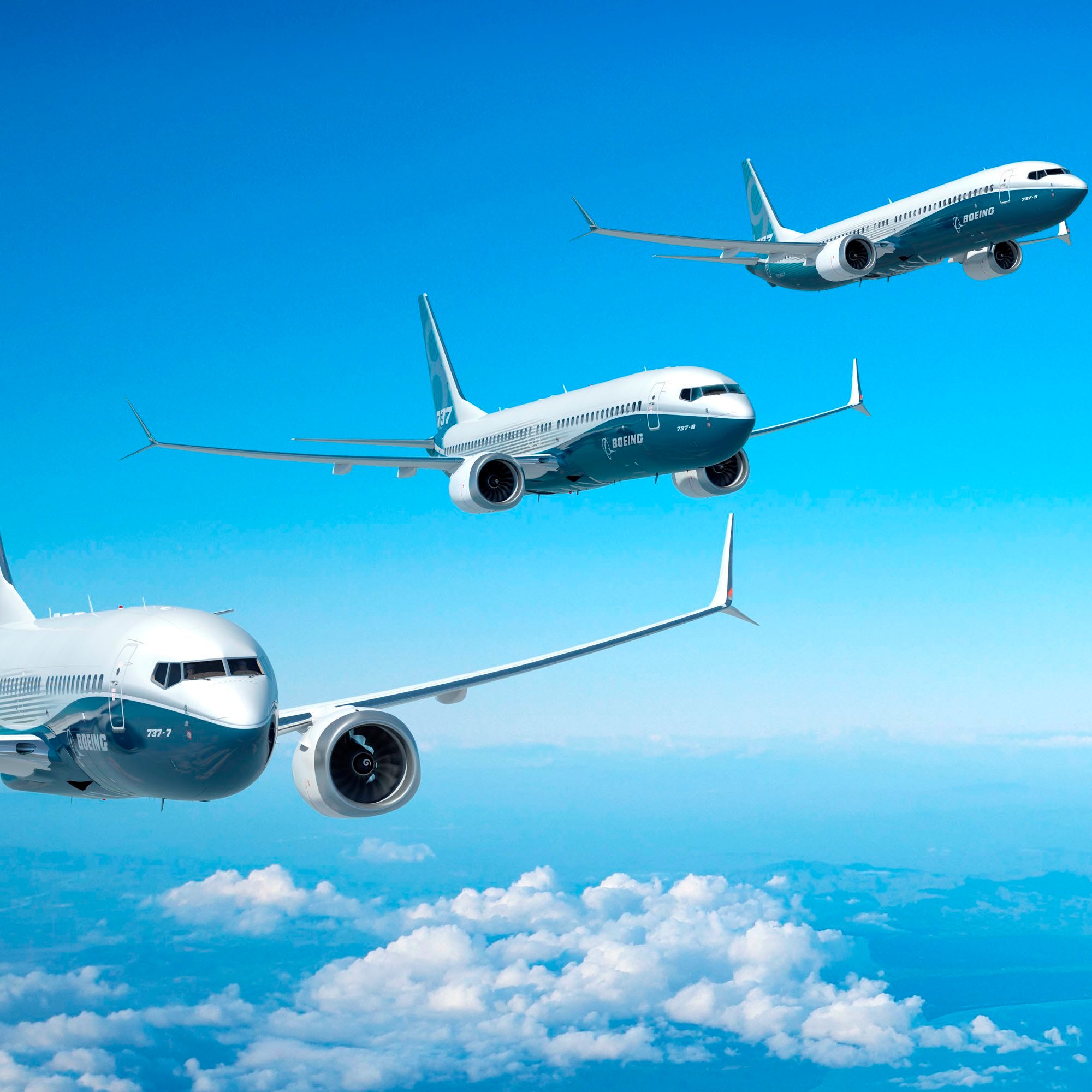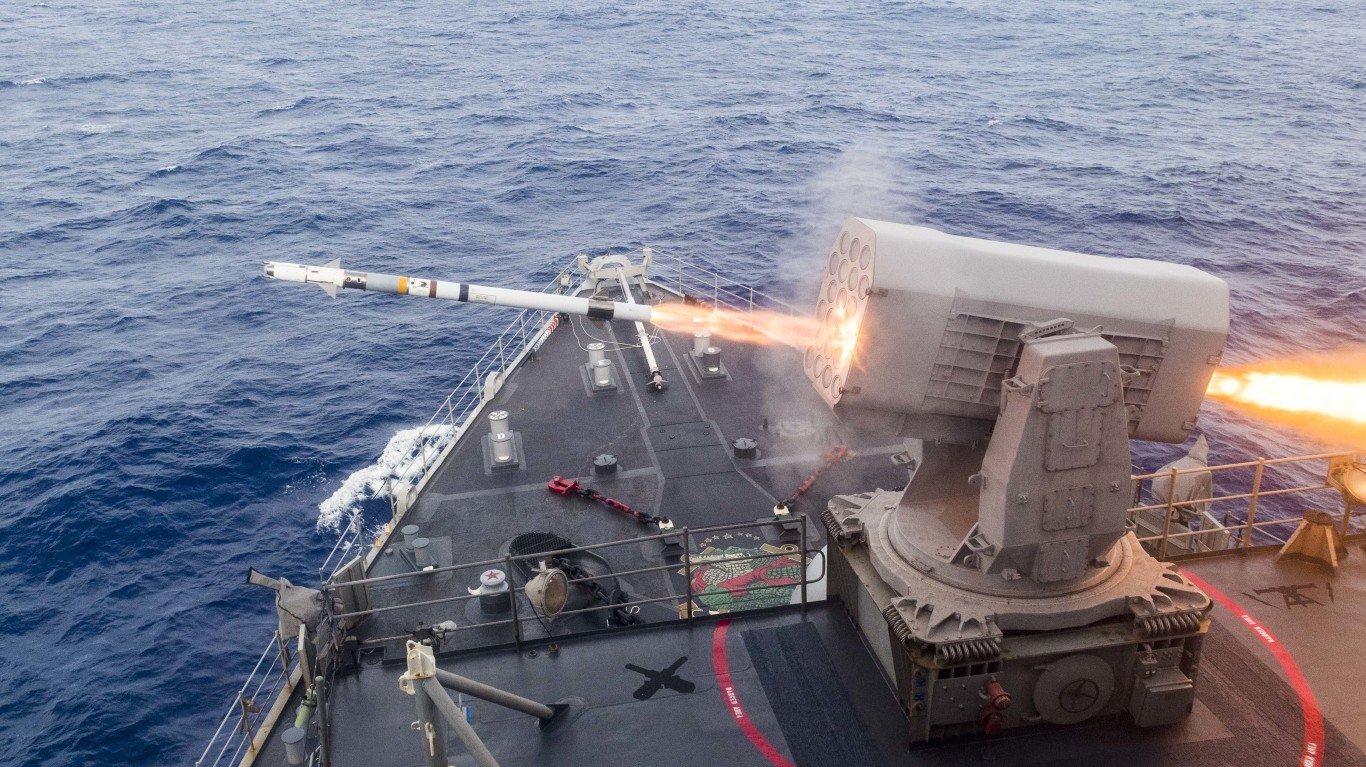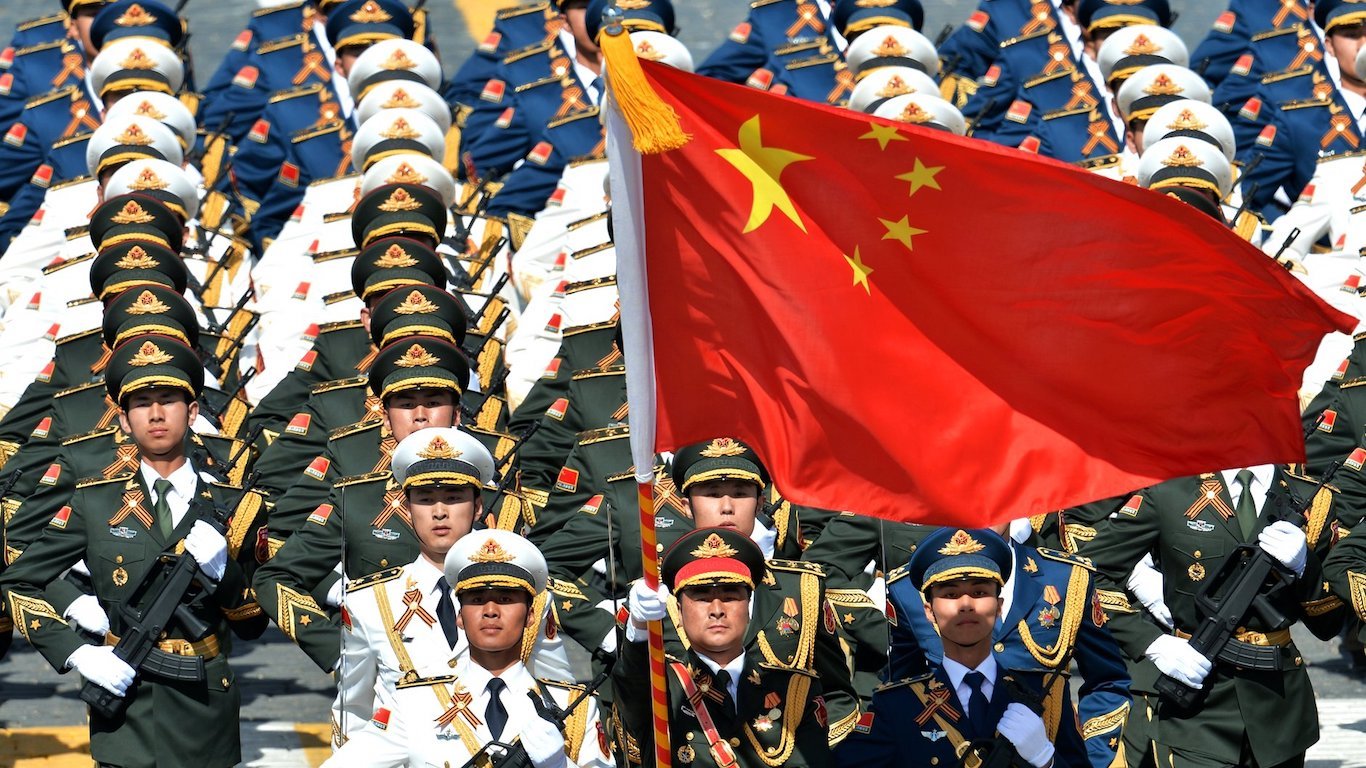

In an announcement released after markets closed on Tuesday, the U.S. Department of Justice said that its “preliminary determination” in a trade case brought by Boeing Co. (NYSE: BA) against Canadian aircraft maker Bombardier concluded that Bombardier received subsidies equal to 219.63% on its sale of new planes in the United States and that a countervailing duty of that amount was due. The decision was expected but the size of the tariff was a bombshell.
The actual dollar value of the April 20 sale of 75 with an option on another 50 Bombardier CS-100 passenger jets to Delta Air Lines Co. (NYSE: DAL) was not disclosed, but at list prices the 75 planes were valued at $5.6 billion. Adding 220% to that would run the total to around $12.3 billion.
That total is about double the $6.2 billion list price total for 75 Boeing 737-700s, the plane that Boeing had named in its bid for the Delta business. The first of the CS-100 deliveries to Delta is due next April.
In its complaint, Boeing had asked for a tariff of 79% to offset the value of the subsidies the company claimed the Canadian government made to Bombardier, subsidies that Boeing claimed are not allowed under international trade rules.
Commerce Secretary Wilbur Ross said:
The U.S. values its relationships with Canada, but even our closest allies must play by the rules. The subsidization of goods by foreign governments is something that the Trump Administration takes very seriously, and we will continue to evaluate and verify the accuracy of this preliminary determination.
The ruling was handed down by the U.S. International Trade Commission’s (ITC) Enforcement and Compliance Division and a final decision is currently scheduled to be announced on December 12. The Commerce Department will make a final determination by December 18 and, if it affirms the preliminary ruling, the ITC will issue its final ruling on February 1, 2018. A week later the ITC will issue the order and the tariff, if it is affirmed all along the way, will be imposed.
There are several possible paths of appeal for Bombardier now that the preliminary determination has been made. First, tariffs could be imposed and held in escrow while Bombardier appeals, as it surely will. The appeal would be made in the U.S. District Court in Washington, D.C., or in the U.S. Court of International Trade.
Alternatively, the Canadian government could appeal to a NAFTA review board. The review board would be made up of representatives from the United States, Canada and Mexico. This would probably not be Boeing’s first choice but may be Bombardier’s.
The least desirable outcome, probably for both Boeing and Bombardier, is an appeal to the World Trade Organization (WTO) that could take years to resolve.
In its statement, Bombardier said:
Looking beyond today’s and next month’s preliminary decisions, the International Trade Commission will determine next year whether Boeing suffered any injury from the C Series. Because Boeing did not compete at Delta and because Boeing years ago abandoned the market the C Series serves, there is no harm.
Boeing’s statement concluded:
The process that will continue to play out over the next several months at the International Trade Commission and Commerce is the longstanding, transparent course for examining and addressing situations where products are ‘dumped’ into the United States at below-cost prices for the purposes of gaining market share. We have full confidence that this will continue to be a fair and fact-based investigation, and we look forward to its conclusion early next year.
The Washington Post cited Richard Aboulafia, an aerospace industry analyst with the Teal Group, who described Boeing’s action as a “self-inflicted wound” that could damage the company’s business relationships with the Canadian military and with Delta:
This is a dangerous moment for Boeing. They clearly saw this as an opportunity to walk in tandem with Donald Trump and appeal to his nationalist economic base.
Canadian Prime Minister Justin Trudeau already has indicated that a potential deal for Boeing fighter jets could be scrapped as a result of the trade case, and British Prime Minister Theresa May raised concerns with President Trump regarding some 4,000 jobs at Bombardier’s Belfast wing assembly plant.
Boeing’s shares traded up about 0.4% Wednesday morning, at $254.70 in a 52-week range of $129.86 to $259.30.
Take This Retirement Quiz To Get Matched With An Advisor Now (Sponsored)
Are you ready for retirement? Planning for retirement can be overwhelming, that’s why it could be a good idea to speak to a fiduciary financial advisor about your goals today.
Start by taking this retirement quiz right here from SmartAsset that will match you with up to 3 financial advisors that serve your area and beyond in 5 minutes. Smart Asset is now matching over 50,000 people a month.
Click here now to get started.
Thank you for reading! Have some feedback for us?
Contact the 24/7 Wall St. editorial team.

